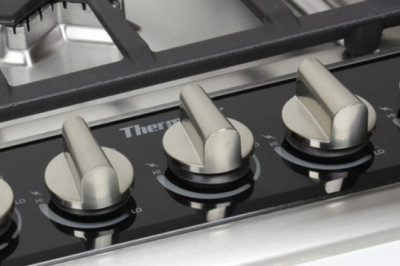views

How does the CS: GO promotion system work? Gathered facts and theories
The CS promotion system is Valve's best-kept secret in the game. The developers have never hinted at how it works. Moreover, it is changed quite often, sometimes publicly, as it was a few months ago when all the ranks rolled off. And sometimes the authors make minor changes, which are not reported even in the matchbooks.
How does matchmaking promotion work?
Years ago a game developer said that rank calculation is based on the Glicko-2 system, which is based on Elo. The Elo system was created to calculate the level of players in chess. Behind the ranks within the game are hidden rating numbers just like on Faceit. But Glicko-2 assigns a player, not a certain rating (e.g. 1700), but a range, e.g. from 1500 to 2000 points.
The system calculates what opponents you've played against. If they have a higher rating, then you get more points for winning and lose less if you lose. The same principle works in the opposite direction. Accordingly, if you play with high-ranked players, you will get more points for each match. The most effective and proven way to quickly increase your rank: go to matches with players whose rank is at least 4 higher than yours.
The longer a playe stays at the same rank, the more the system will be sure that it correctly identified him. So if you can't get out of a certain rank for a long time, be prepared that you will have to win a lot of matches.
What have you learned about the system in KC?
There are many experimenters on youtube trying to uncover the promotion system in KC. One of them, MzkShow, figured out that a winning game is only one in which a player got at least one MVP. For the test, he played two accounts with the same match history, but one of them had MVP in the match, and the other did not, although their number of frags was approximately equal. In the end, only the first account was promoted.
Also experimentally verified that CS has an anti-bust system. If a player for the first time in the history of the account gets a new rank, in case of three wins in a row after promotion, he gets the next rank. But there are many nuances: you have to play only long games and without a pair or in a pair with players with ranks higher. This shortened path allows the player to reach his ceiling faster and not get in the way of players at ranks lower.
What other theories are there?
There is a theory that matchmaking algorithms also take into account the difference between won and lost rounds. That is, the best win will be considered 16:0, and you are unlikely to be relegated to a 14:16 defeat.
Some believe that not only the MVP counts among individual stats but also the K/D and the final score for the game. However, many checks and tests have shown that even with good K/D and no MVP, you won't get promoted.
It used to be believed that even for a winning game a player could be demoted. This happened if he played very poorly against weaker opponents. But after the change of the promotion system in 2016, there is no demotion for winning games. Moreover, they do not even take points off for draws. Most likely, in this case, the players of both teams share points.
But there is no and never will be accurate information about how Valve's algorithms work, but we have some information and can provide it to you on our website https://csgoservice.net/. The developers will never tell you about them because in that case, players can find loopholes and start abusing the ranks.












